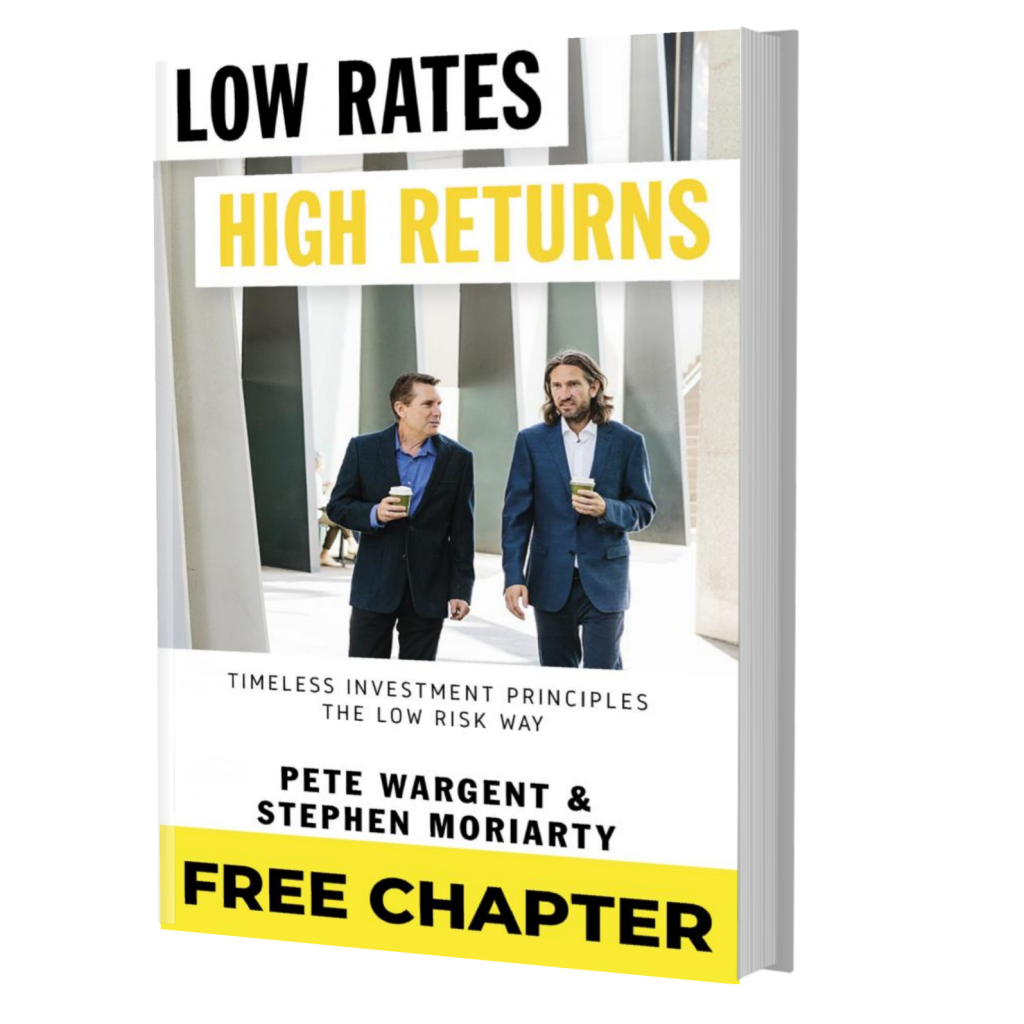Monte Carlo Grand Prix
It’s nearly that festive time of year again when the economic soothsayers will be out in force to make their 2020 predictions!
A genuine model of outcomes for next year might run through a Monte Carlo simulation, using a range of different variables and probabilities to predict possible outcomes.

As the name suggests, random outcomes are central to this modelling technique, with the most likely scenarios falling neatly into place in the middle of the curve.
Who’s right? Who cares?
A look back at the predictions for 2019 (or, indeed, any other year) shows just how wrong expectations can be on so many of the big issues.
The opposition didn’t win the Federal election at a canter, Aussie stocks could yet finish the year up 20-25%, and sliding property prices from before the election have jumped by 10% after it.
Alas the system doesn’t clear out bad forecasters, which is why it’s probably safest to ignore most predictions.
Perversely, the internet and the rise of online media can even reward the wildest or most brazen forecasters, by generating fame.
Saxo Bank recognised this trend some years ago, and now puts out an annual list of outrageous predictions for each calendar year (not one of its ten outrageous predictions for 2019 came to pass; but, then again, that’s not their point).
Staying alive in 2020
Reality doesn’t care about winning arguments, and survival is what really matters.
Given that most predictions will likely be wrong for 2020, it might make more sense to consider how you’d fare under outlier or shock scenarios (positive and negative).
For example, what happens to your plan if there’s a recession, QE, or if stock prices fall back 30%-60%, or if interest rates go up unexpectedly?
And let’s not even mention Bitcoin!
In the face of the uncertainty, which always exists, we can also aim to focus on process over outcomes.
In the meantime, spare a thought for those hapless forecasters!






